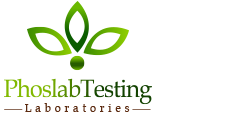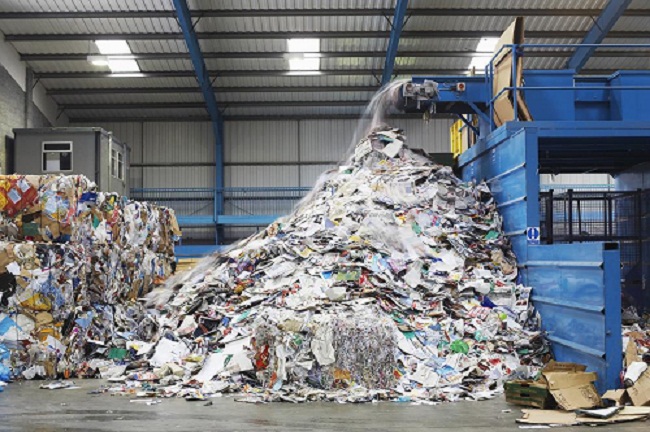The consequences of improper solid waste disposal are inevitable. Solid wastes, generating gases and leachatedue to climatic conditions, microbial decomposition, and other chemical reactions, present serioushealth hazards and environmental concerns.While biodegradablematerialsare creating unhygienic conditions, the toxic metals and hazardous materials in industrial waste are causing physicochemical and biological changes, thereby affecting the entire ecological system as well.
According to an estimate, American industrial units generate and dispose of approximately 7.6 billion tons of solid industrial waste each year. Solid industrial wastes, comprisingof plastics, batteries, cans, and radioactive materials are usually mixed with garbage and other non-toxicwastes, which is making disposal all the more difficult and risky. Burning of some of these materials also producesfurans,dioxins,and polychlorinated biphenyls which are giving rise to life-threatening diseases, including cancer.
As such, urbanization and industrial boomhas led to a sudden increase in the quantity of solid waste and the consequent environmental degradation. Therefore, it is essential for waste generatorsto formulate and implement a broad solid waste management policy to ensure proper disposal of solid wastes and reduce their negative impact on the environment.
The Impact of Solid Waste
Environmental Impact
In a report published in 1987, the EPA estimated that the landfills in the U.S. emittedapproximately 15 million tons of methane per year along with 300,000 tons of others gases like methylene chloride and toluene. In another study, the EPA mentions that 23 percent of the country’s methane gas emission comes from landfills.Being a powerful greenhouse gas, methane is causing irreparable harm to the ozone layer besides contributing to various environmental hazards.
In addition to this, solid waste is also known to have an impact on water quality. While most experts argue that the effects of land fill son groundwater depend upon the presence of hazardous materials in the landfill, some believe that even common items like newspapers can pose significant risks to water quality.
In order to avoid leachate related problems, it is better for commercial waste generators to conduct Toxicity Characteristic Leaching Procedure (TCLP) tests before disposing of solid wastes. Not only can it help prevent environmental risks, but it can also save you from litigation, fines, and penalties.
Social Impact
Studies addressing the impact of solid waste on public health maintain that land fills are one of the primary causes of abdominal and intestinal problems, birth defects, respiratory abnormalities, and skin disorders among people living near dumping sites. Both the hazardous and non-hazardous materials found in solid wastes are known to have an adverse impact on the environment and the air quality, which leads to fatal illnesses, leading to death in certain cases.
What You Can Do to Avoid Solid Waste Hazards
The U.S. EPA has identified various chemicals and substances that have leaching capabilities, which may result in a negative impact on the biological system. To know the potential of waste to leach toxic chemicals into the groundwater, the EPA has presented a protocol known as the Toxicity Characteristic Leaching Procedure (TCLP).
What is Toxicity Characteristic Leaching Procedure (TCLP)?
TCLP is the process of analyzing physical and chemical properties of waste to determine its leaching capability. Using sampling and analysis techniques, the waste is assessed through simulation to find out how antitoxin may release into the landfill under ordinary conditions. Wastes with toxicity beyond the regulatory requirements may be qualified as hazardous, thereby needing proper treatment. Such treatments may include recycling, incineration, disposal in specially designed landfills, or handling by a certified disposal agent.
Conducting a TCLP test is essential for businesses as it may not just help them adopt safer solid waste disposal practices, but also enable them to reduce their negative impact on the environment.
How TCLP Can Help Your Business?
Waste Analysis
In order to ensure proper handling and disposal of solid waste, an understanding of the chemical and physical composition of waste is essential. TCLP can help youperform a comprehensive analysis of your industrial solid waste to formulate and implement a more effective waste management program.
Social Responsibility
TCLP testing is necessary to ensure proper disposal of solid waste. As a result, it may prevent additional pollution which can have a drastic impact on public health as well as the environment.By adopting better solid waste management practices, you may create a positive image in the industry.
Regulatory Requirements
Every large and small business is required to dispose of its solid waste in a safer and environment-friendly way. Non-compliance with any of the local, state, or international regulatory requirements may not just lead to legal implications, but also tarnish your image.
Think twice before you dispose of your waste. Run a TCLP test to make sure that your industrial waste does not harm the environment. Contact us to for testing anywhere in FL!

